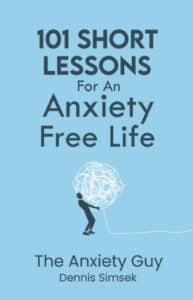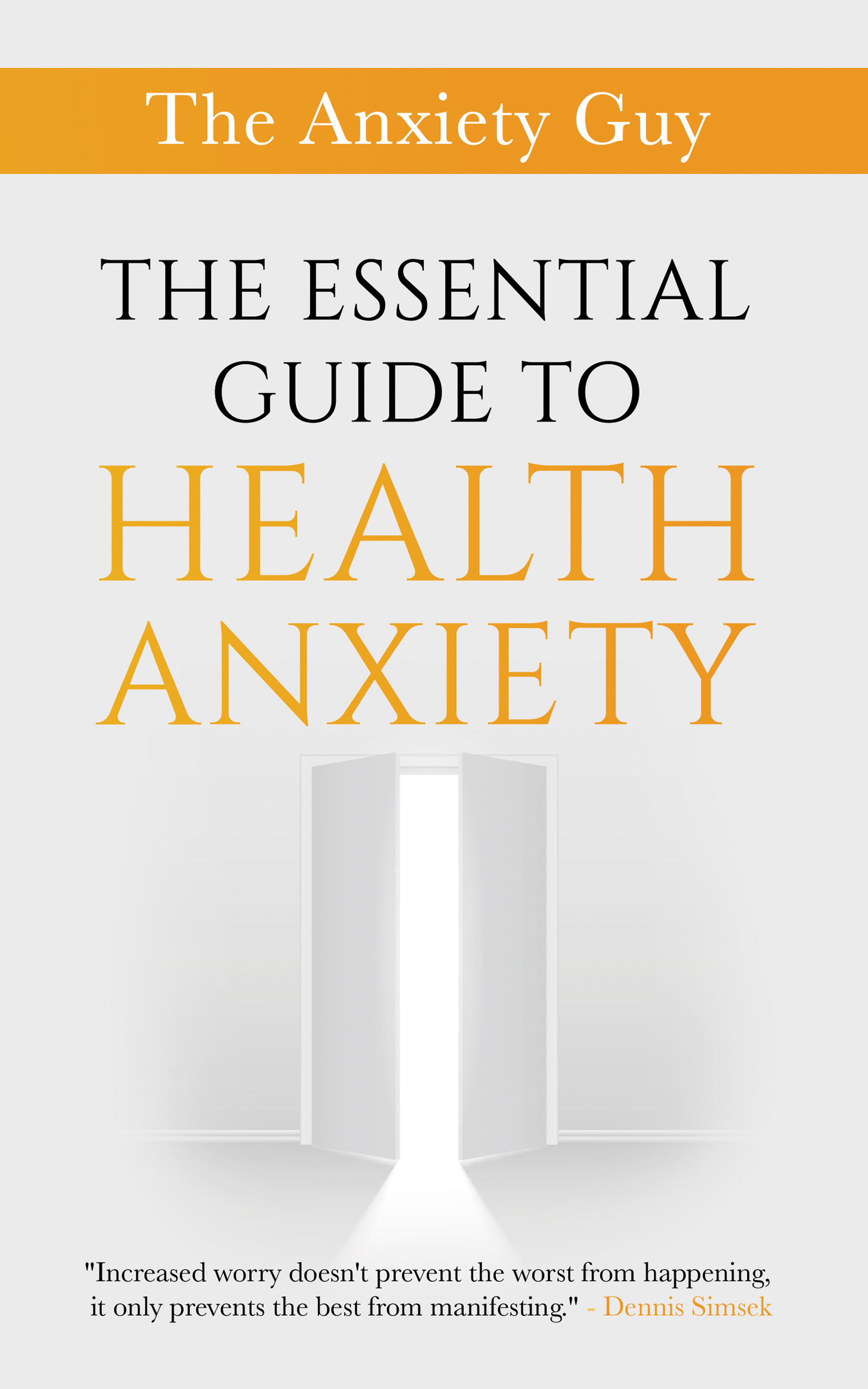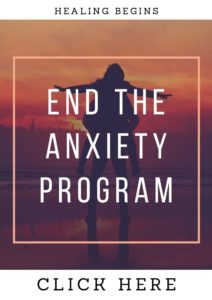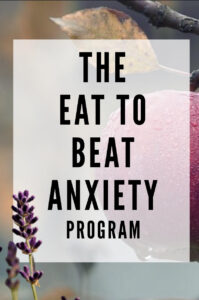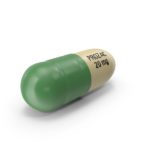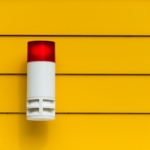Adrenaline is a hormone that is released by the body in response to situations that the mind considers and perceives as dangerous, stress-inducing, thrilling, or frightening, hence the adrenaline anxiety. It is also known as the “fight or flight” hormone or epinephrine.
Adrenaline stimulates the body into having faster reactions to certain situations.
Physiologically, it increases the heartbeat therefore increasing the flow of oxygenated blood to the muscles and the brain, and causes the body to produce sugar that can be used for increased levels of energy and fuel for actions that need to be taken quickly.
Adrenaline anxiety is caused by a rush of adrenaline into the body triggered by stressful situations such as an interview, a test, or a performance, etc. When the mind is filled with anxious thoughts and worries the body gets automatically stimulated to produce adrenaline and other stress and anxiety associated hormones like cortisol.
Some of the symptoms associated with adrenaline anxiety include:
- fast breathing
- racing heart beat
- tightness in throat (if this is the case for you please watch this YouTube video from my channel now)
- perspiration and cold hands
- dry mouth
- shaking knees and hands
- heightened senses
- uneasiness and nausea
- quivering voice and lips
- changes in vision and dilated pupils
- increased nervousness
- lack of pain, irritability
- increased power and strength.
Constant worrying and stress over what may happen tomorrow; or unrelenting focus and anxiety on a particular conflict that occurred on the day can trigger the brain to perceive such unnecessary stress as danger, even though it is not actually threatening. The resultant rush of adrenaline into the body is useless. But the side effect of such a surge in adrenaline is irritability, adrenaline anxiety, and restlessness.
A surge of adrenaline into the body is good for certain situations such as avoiding collision with another vehicle, etc., wherein the body’s fight or flight response turns out to be beneficial in most cases. Also, low levels of stress are regarded by many as normal and even be helpful in leading a good, prosperous life. However, continued stress can lead to unending instances of adrenaline anxiety which can even lead to chronic health anxiety.
Therefore it’s essential to ensure that adrenaline anxiety is kept in check. Its minimal presence can be beneficial and be used for good outcomes.
What is adrenaline and what happens during an adrenaline rush?
The hormone adrenaline is secreted by the adrenal glands which are situated above each kidney. The adrenal glands are regulated by the pituitary gland. They are categorized into two areas, i.e., inner glands and outer glands. Adrenaline is released by the inner glands.
When confronted with a situation that is stressful or unsafe such perceived information is sent to that section of the brain which deals with the processing of emotions, namely, the amygdala. When this part of the brain receives the information about danger it activates signals in the brain’s command centre known as the hypothalamus.
The hypothalamus uses the sympathetic nervous system to communicate with the entire body.
When it gets information about a perceived danger, it uses the autonomic nerves to send signals about the threat to the adrenal medulla. Subsequently, upon receiving such signals, the adrenal glands (got adrenal fatigue?) respond by producing adrenaline and releasing it into the bloodstream.
Upon release into the blood, adrenaline binds to the muscle cells’ receptors in the lungs leading to rapid breathing; binds to liver cells’ receptors causing breakdown of glycogen into glucose and resulting in energy boost to the muscles; activates cardiac cells to pump quicker; triggers perspiration by contracting the muscle cells present below the skin surface; causes contraction of blood vessels and increased flow of blood to key muscle groups; and binds to pancreatic receptors to suppress insulin generation.
All these events occur really quickly, within a few seconds. The same events occur when you suffer from adrenaline anxiety.
How to benefit from adrenaline anxiety?
As mentioned earlier, excessive instances of adrenaline anxiety can be detrimental to your health. It is therefore important to keep it in check; in fact it is possible to use adrenaline anxiety to your own advantage.
Below are three ways in which you can inhibit the effects of adrenaline anxiety and use it for your own good:
- Understand yourself and Practice
Confront your vulnerabilities and fears. Be at peace with who you are and accept yourself. When you accept yourself as is, others will too. It is important to remember that nobody is perfect; it is fine to make mistakes and everyone makes mistakes.
If perfection anxiety is a problem for you, click here.
Avoid focusing on what could go wrong and instead aim for positive outcomes. Envision your success and keep practicing every day to ensure that success is certain. Practice and learn to redirect all negative thoughts, images, attitudes, and predictions towards positivity and success. Never let notions of self-doubt creep in.
- Eat and Sleep well
Eat a healthy and balanced diet, comprising of all essential nutrients. In case you are stressing about a test, then ensure that you have a good low-fat meal before it. This will ensure that you have the energy to perform to your full potential.
Avoid or limit the intake of alcohol, sugary foods, and caffeine. Quit smoking, to reduce stress and adrenaline anxiety triggers. Here are the best anxiety supplements you can begin adding to your diet as well.
Ensure regular sleep, at least 6 to 8 hours of REM sleep, every day. This will allow the body and mind to rest and heal. Avoid TV, computers, mobile phones, loud music, and bright lights before sleeping.
- Exercise and Socialize
Exercise daily for at least 15 minutes. A fit and healthy body helps overcome stress more effectively.
Before a stress-inducing event, you can jump up and down, walk around, and loosen your muscles to decrease adrenaline anxiety and bring stress to a normal level.
Use powerful relaxation techniques and practice them daily. Controlled respiration and deep breathing exercises, meditation, and yoga can all assist in easy relaxation of mind and body, whenever required.
Talking to family and friends about stress causing events can help reduce the burden. Reduction in the perception of stress or danger can help alleviate adrenaline anxiety.



